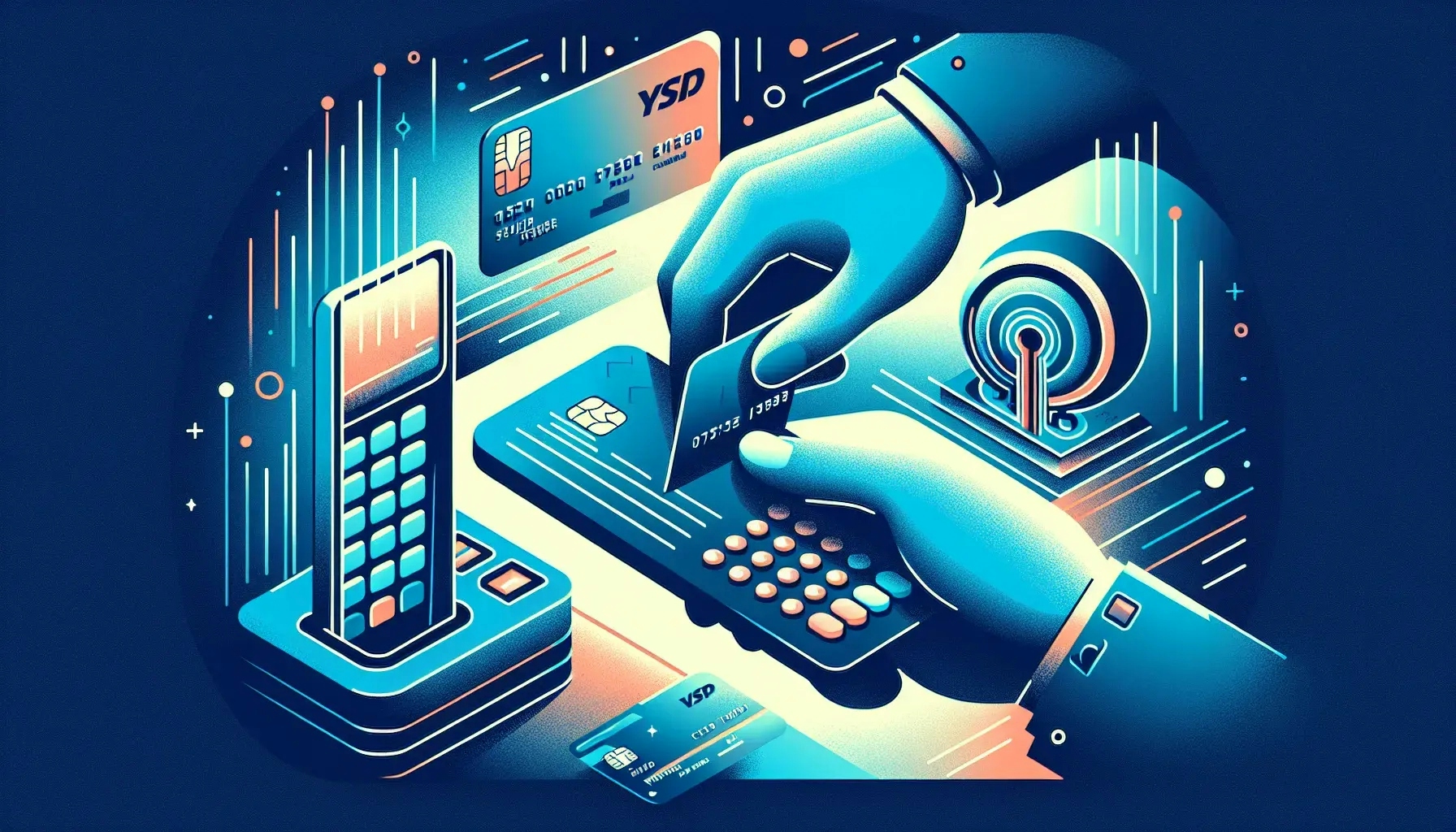Welcome to the world of credit cards! If you're a first-time user, the experience can be both exciting and overwhelming. This blog post aims to guide you through the process, offering practical advice to help you navigate this new financial tool. We'll discuss the importance of understanding your credit card, how to use it wisely, and how to avoid common pitfalls. Let's dive in!
Understanding Your Credit Card
A credit card is more than just a plastic card; it's a financial tool that, when used correctly, can help you manage your finances and build a good credit history. Understanding how your credit card works is the first step towards using it responsibly.
Every credit card comes with a credit limit, which is the maximum amount you can borrow. It's crucial to keep track of your spending and not exceed this limit. Going over your credit limit can result in fees and can negatively impact your credit score.
Interest rates are another important aspect to understand. If you don't pay off your balance in full each month, you'll be charged interest on the remaining balance. This interest is calculated based on the annual percentage rate (APR) of your card. The higher the APR, the more interest you'll pay.
Credit cards also come with various fees, such as annual fees, late payment fees, and foreign transaction fees. Make sure you're aware of all the fees associated with your card to avoid any unexpected charges.
Using Your Credit Card Wisely
Now that you understand the basics of your credit card, let's discuss how to use it wisely. One of the most important rules is to pay your balance in full each month. This allows you to avoid interest charges and helps build a good credit history.
If you can't pay your balance in full, aim to pay more than the minimum payment. Only making the minimum payment can lead to high interest charges and a longer repayment period.
Another tip is to use your credit card for regular purchases, such as groceries or gas, and then pay off these purchases immediately. This can help you build credit without risking overspending.
Avoiding Common Pitfalls
While credit cards can be beneficial, they also come with risks. One common pitfall is overspending. It's easy to lose track of how much you're spending when you're not handing over physical cash. To avoid this, set a budget for your credit card spending and stick to it.
Another common mistake is missing payments. Even one missed payment can result in fees and a negative impact on your credit score. To avoid this, set up automatic payments or reminders to ensure you never miss a payment.
Lastly, be wary of cash advances. These are loans taken out against your credit card's limit and come with high interest rates and fees. It's best to avoid cash advances unless it's an absolute emergency.
Maximizing Credit Card Benefits
Credit cards often come with various benefits, such as rewards programs, cash back, and travel perks. To maximize these benefits, it's important to understand how they work.
For rewards programs, make sure you're using your card for the types of purchases that earn the most rewards. For example, some cards offer more points for dining out or travel purchases.
For cash back cards, check if there are any categories that earn more cash back, such as groceries or gas. Also, be aware of any limits or caps on how much cash back you can earn.
For travel perks, such as free checked bags or priority boarding, make sure you're using your card for your travel purchases to take advantage of these benefits.
Building Good Credit Habits
Using a credit card responsibly can help you build good credit habits. This includes paying your bills on time, keeping your credit utilization low, and not applying for too many cards at once.
Paying your bills on time is the most important factor in your credit score. Even one late payment can negatively impact your score.
Keeping your credit utilization low, which is the percentage of your credit limit that you're using, can also help your credit score. A good rule of thumb is to keep your utilization below 30%.
Lastly, applying for too many cards at once can result in multiple hard inquiries on your credit report, which can lower your score. It's best to only apply for a new card when you really need it.
Dealing with Credit Card Problems
Even with careful management, you may run into problems with your credit card. If you find yourself struggling to pay your bill, contact your credit card company as soon as possible. They may be able to work out a payment plan or lower your interest rate.
If you notice any fraudulent charges on your card, report them immediately. Most credit card companies have zero liability policies, which means you won't be responsible for any charges you didn't make.
Lastly, if you're having trouble managing multiple credit cards, consider seeking help from a credit counseling agency. They can provide advice and help you create a debt management plan.
Wrapping Up: Navigating the Credit Card Landscape
As a first-time credit card user, you're embarking on an exciting financial journey. While the landscape may seem daunting, understanding your card, using it wisely, and avoiding common pitfalls can help you navigate with confidence. Remember, a credit card is a tool, and like any tool, its effectiveness depends on the user. Use it wisely, and it can open doors to financial opportunities. Use it irresponsibly, and it can lead to financial hardship. The choice is yours. Happy spending!

